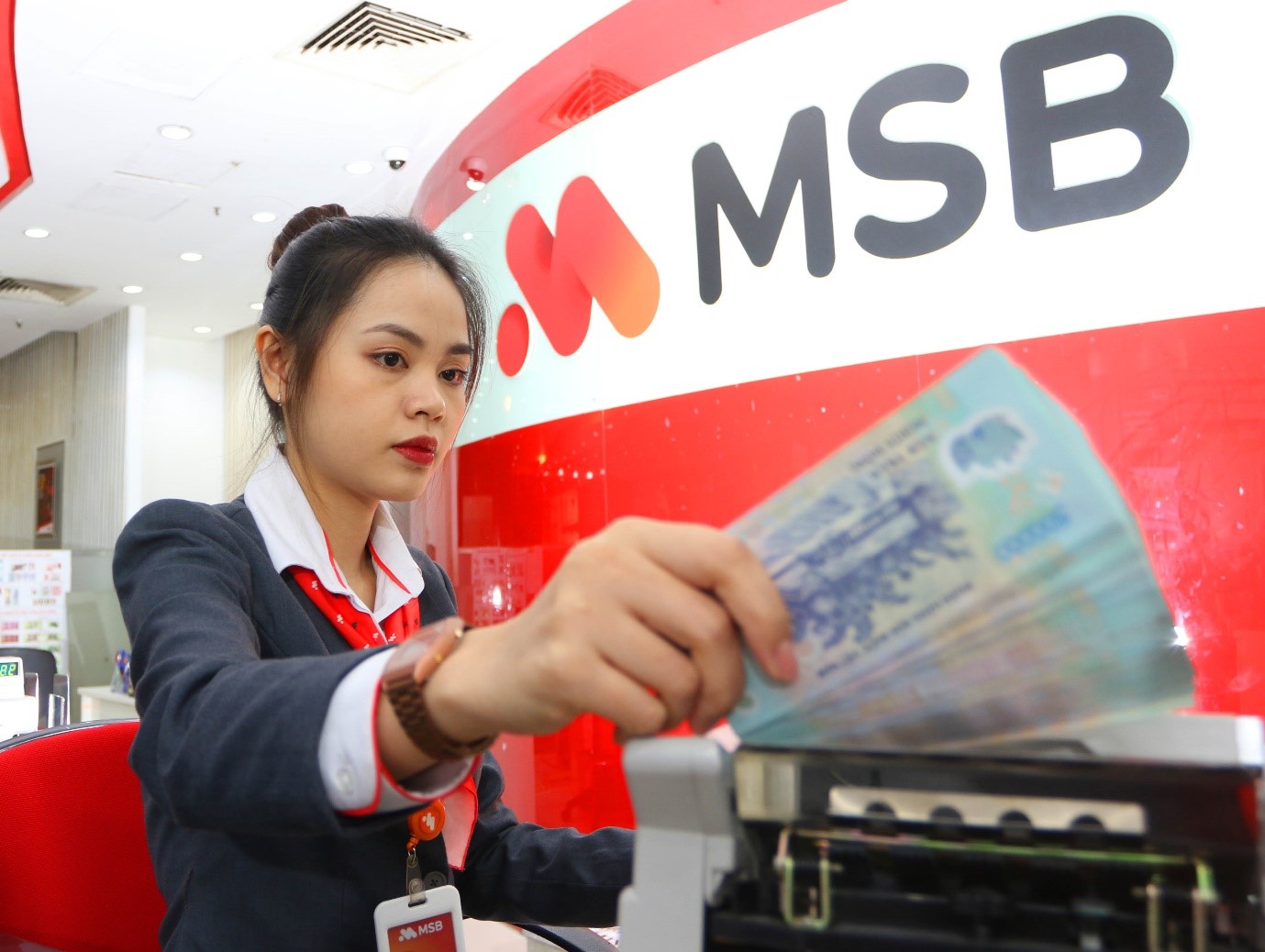MSB developed its sustainable finance framework (SFF) with technical support from the International Finance Corporation (IFC), a member of the World Bank Group. The framework is based on four core components: eligible loan purposes, project evaluation and selection processes, management of proceeds, and reporting. The reporting includes allocation of proceeds and assessment of environmental impact.
Funds raised through MSB's green, social, and sustainability bonds and loans will finance or refinance eligible projects in eight green sectors and five social objectives. Some projects may qualify under both categories. These activities aim to advance the United Nations' 2030 Agenda for Sustainable Development with its 17 Sustainable Development Goals (SDGs) and contribute to Vietnam's commitment to net-zero emissions by 2050.
The bank will prioritize green sectors such as renewable energy, energy efficiency, clean transportation, green buildings, sustainable water and wastewater management, and climate change mitigation. For social projects, MSB will focus on financial inclusion, education, healthcare, gender equality, and affordable housing.
 |
The bank expects the sustainable finance framework to expand access to green financing. Photo: MSB |
The bank expects the sustainable finance framework to expand access to green financing. Photo: MSB
MSB's SFF aligns with international principles published by ICMA, LMA, APLMA, and LSTA. S&P Global Ratings recently provided a second party opinion (SPO) on the framework.
S&P Global Ratings assessed that MSB is making effective strides in investing in activities that support the green transition and contribute to addressing pressing environmental challenges such as greenhouse gas emissions and pollution.
MSB is among the Vietnamese banks using the Partnership for Carbon Accounting Financials (PCAF) methodology to measure financed emissions (Scope 3). Collaborating with consultants to calculate emissions from all banking activities demonstrates MSB's strong commitment to climate risk management compared to regional practices.
S&P Global Ratings also noted that MSB's SFF currently has no material weaknesses in sustainable development. This will enhance the bank's standing and credibility with international investors.
In recent years, recognizing global trends and guidance from regulatory bodies, MSB has identified sustainable development as a core business activity. Since 2023, the bank has applied an Environmental and Social Management System (ESMS) to its entire loan portfolio. This system includes exclusion list screening, risk categorization, impact assessment, and action plan requirements.
In 2024, the bank further developed an internal green classification list to support the development of green credit products. The total value of green loan packages deployed reached 3,500 billion VND.
According to a bank representative, the publication of the SFF is expected to help MSB expand its ability to mobilize domestic and international green and social capital, while contributing to the sustainable finance trend in Vietnam, aligning with national goals for green growth and climate change response.
Minh Ngoc












